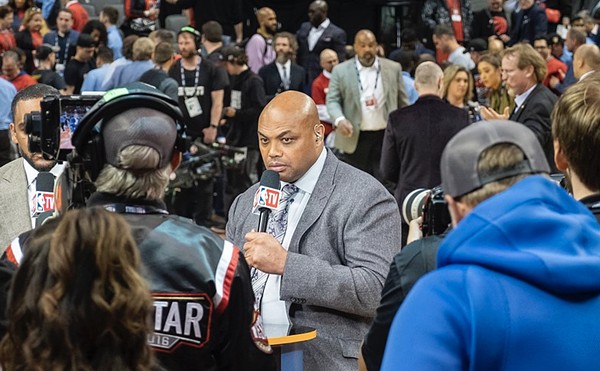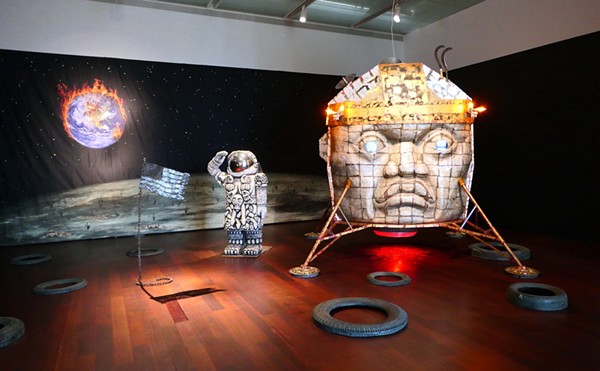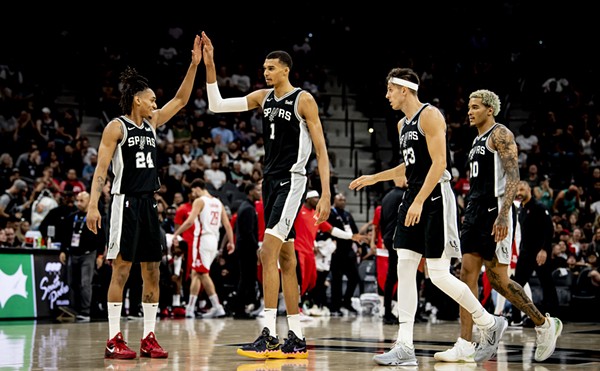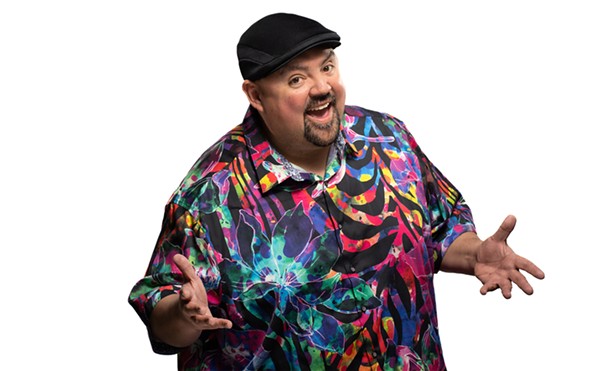| Trinity University Press “Reading as Relationship” Edward Hirsch 6:30pm Thu, Mar 7 Free Trinity University Stieren Theater 715 Stadium Dr. 999-8882 Trinity.edu |
Hirsch is not only an essayist on poets and poetry, but also the author of six books of poetry, including National Book Critics Circle Award winner Wild Gratitude.
No stranger to Texas, Hirsch taught creative writing at the University of Houston for 18 years. His bestselling How to Read a Poem and Fall in Love with Poetry succinctly reflects Hirsch’s life-long love affair with words and the teaching of poetry.
This week, Hirsch, president of the John Simon Guggenheim Memorial Foundation, speaks at Trinity University on “Reading as Relationship.” He spoke with the Current by phone from his home in New York City.
In the dark ages of poetry appreciation, John Ciardi opened the doors for my generation to learn to read and understand poetry with his book, How Does a Poem Mean?
The thing that Ciardi brought to the reading of poetry was that reading poetry was its own kind of experience. And it is not just what the poem is about, but what it is. I think that is a very important thing in reading poetry.
Would you say that the canon for the most part remains constant but our approach changes?
Yes and no. The approach changes somewhat, but the difference between my reading and Ciardi is that he almost exclusively concentrates on English and American poetry.
That’s what’s thrilling about this `Trinity` series. People who like literature and are only trained in reading English literature are going to be completely stunned at the wealth of literature and the wealth of conversation about literature that exists around the world. Poetry is not only in the English language.
I was in a chain bookstore last week and, much to my surprise, there was an entire shelf devoted to the works of Alan Ginsberg.
(Laughing) I can’t speak to the quirks of the ordering system of chain bookstores. There you have a mystery I can’t unravel.
However, I will say that Ginsberg is a really important poet in carrying a certain strain of Walt Whitman in our poetry. One dimension of that work has been in oral poetry, countercultural poetry, ecological poetry, environmental poetry — all kinds of things that are implicit in Whitman are brought forward by Ginsberg, but also into written poetry in a generation of poets like Galway Kinnell, Philip Levine, and Adrienne Rich — written poets who were writing a socially engaged poetry that is related to Ginsberg and comes out of a tradition of Whitman.
Ginsberg also became a celebrity, and his may be the one name that the chain’s buyer knows.
Why has there been little substantial anti-war poetry about Iraq?
The question, I think, for war poetry is what constitutes a good poem as a war poem and what is the role of the poet in a time of war. One of the things that I say about the poetry of the Vietnam War is that there was a tremendous amount of protest poetry — but very little of it has survived. The poetry that has survived was later written by veterans who experienced the war themselves. And perhaps that is the poetry that will emerge from Iraq as well.
In The Writer’s World, poets who have suffered historical circumstances and have often been through many wars will address this issue. The Polish poets and fiction writers will have something to say to American writers about what it means to be living in a time when your country is in a tremendous historical crisis.
Will an American poet ever win the Nobel Prize for Literature? Joseph Brodsky was born in Russia and T.S. Eliot was an expatriate.
The more powerful question perhaps is: Are there American poets that have been worthy of the Nobel? And I would say yes. I disagree with you a bit about Eliot because even though he lived in England in exile, I consider him an American poet. The fundamental features of his work strike me as American. But even so, you are right: few American poets have received the Nobel.
What individual poem keeps you inspired — in pursuit of the elusive muse?
I don’t know if I can limit it to one single poem, but I would say that John Keats’s poem “To Autumn” is the most perfect poem in the English language. And it is to me a spectacular feat about poetry in relationship to mortality.

















